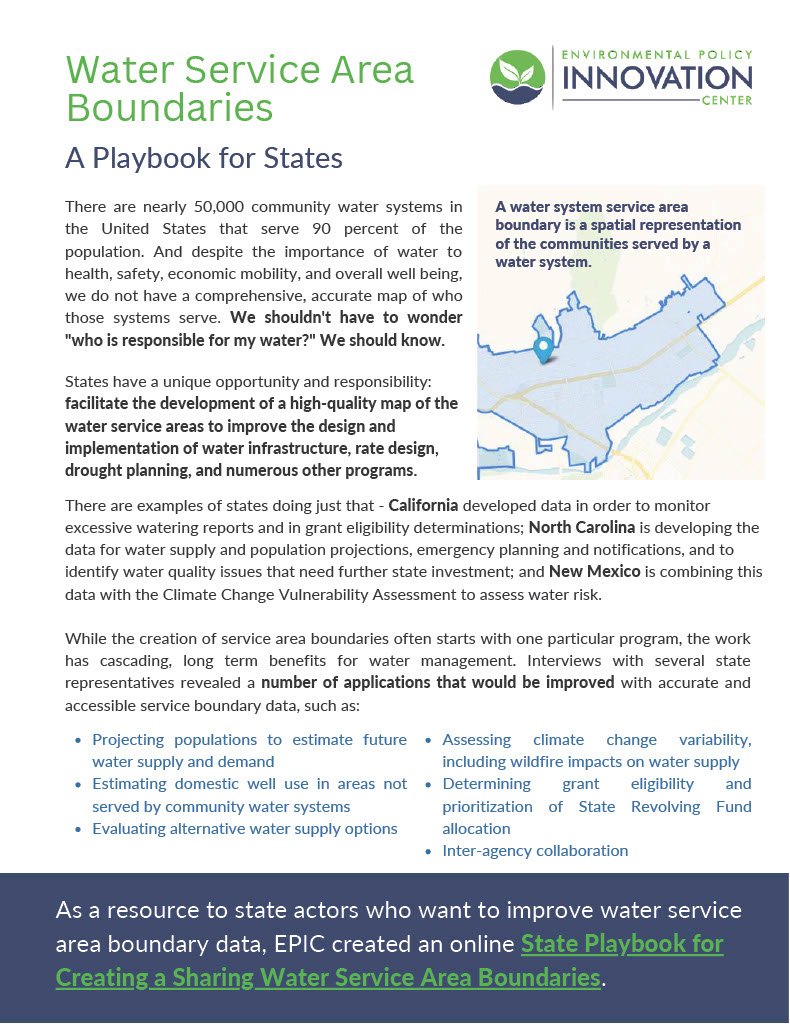Discover More

New Project: National Drinking Water Explorer Tool
All Americans deserve safe, reliable, and affordable drinking water. But making sure that everyone has access remains a challenge that requires untangling a complex web of interdependent factors. EPIC is planning to scale our Texas-based tool nation-wide in order to support communities, map the utility landscape across the U.S., and help states to prioritize investments and technical assistance to improve drinking water infrastructure.

New Data to Answer Questions about Drinking Water Access, Affordability, and Quality

Data-Driven Trust: what we can and cannot see in water data
Imagine turning on your tap and wondering if the water is safe to drink. You're not alone—studies show erosion of trust in drinking water is a global concern. A recent study found that more than half of adults worldwide expect to be seriously harmed by their drinking water within the next two years.

New Tool Spotlights Areas for Drinking Water Interventions in Texas

Making Waves in Water Management Together

Service Area Boundary Coalition Update

How water service boundary data advances environmental justice and climate resilience

Water Service Area Boundaries: A Playbook for States

Sovereignty, Data and Maps: How accurately represented are Tribes in water utility service area boundaries data?

Communities need better information about water service area boundaries.

Water service area boundaries enable new insights - including identifying water systems that are most in need of funding to address drinking water inequality.

It is possible to work quickly, iteratively and in community to tackle gaps in water data.

Drinking water service area boundaries are critical for state policy and operations - and some state agencies are working with local water systems to develop this foundational data set.

A national map of water service area boundaries can support Justice 40 goals and other federal programs.

Why do we need drinking water service area boundaries?

We shouldn’t have to wonder “Who is responsible for my water?” We should know.


